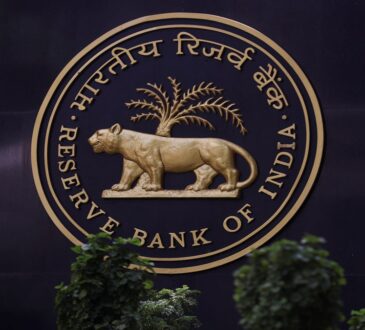
What’s going on here?
Asian currencies held steady while regional stocks ticked up as investors anxiously awaited US Fed Chair Jerome Powell’s testimony.
What does this mean?
All eyes are on Jerome Powell as he prepares to deliver his semi-annual monetary policy testimony before Congress. Investors are keenly listening for any dovish signals that might hint at rate cuts later this year. Meanwhile, the US dollar softened, and Asian currencies had mixed reactions: the Indonesian rupiah fell 0.4% after a four-day winning streak, and the Taiwanese dollar declined 0.2%. Conversely, the Philippine peso increased by 0.17%, and the South Korean won edged up 0.1%. Regional stocks had varied movements too: Indonesian shares rose 0.58% to their highest point since May, Singapore stocks gained 0.47%, and shares in Kuala Lumpur increased by 0.4%. However, Thai stocks fell by 0.18%. Central banks in Malaysia and South Korea are expected to hold rates steady, while the Philippine central bank might cut rates in August after a slowdown in inflation.
Why should I care?
For markets: Rates and reactions.
Investors are watching central banks’ next moves intently. Interest rate decisions from Malaysia and South Korea are due Thursday, with no changes expected. However, the Philippine central bank may cut rates in August following easing inflation. The US consumer price data, set to be released Thursday, will be crucial in guiding the Fed’s future policy decisions. Currency weakness also poses a challenge for central banks thinking about rate cuts ahead of the Fed’s actions.
The bigger picture: Economic indicators at play.
While regional stock markets show positivity, the broader economic outlook remains uncertain. China’s inflation data is set for release on Wednesday, and Singapore’s preliminary GDP estimates come out on Friday. These reports, along with the US consumer price data on Thursday, will provide more clarity on the global economic trajectory. The need for stronger economic growth in Thailand and Indonesia’s projected budget deficit of 2.7% of GDP for 2024 highlight the region’s need for robust fiscal policies to boost growth.




